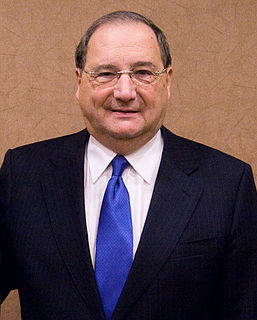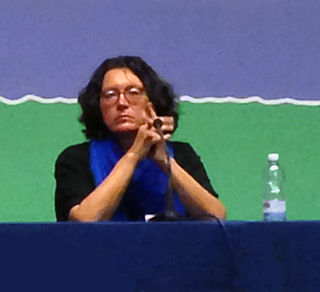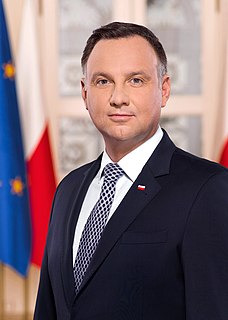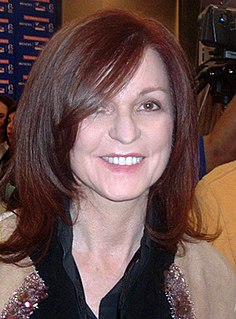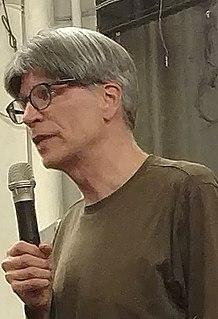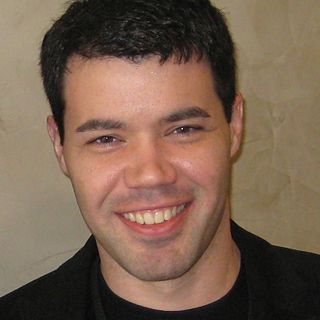A Quote by Abraham Foxman
Sixty years after the end of the war, the time has come to make this information available. With the number of survivors and witnesses diminishing by the day, and the reality that the Holocaust is fading into the pages of history and memory, we should not have to wait any longer.
Related Quotes
What is memory but the repository of things doomed to be forgotten, so you must have History. You must have labor to invent History. Being faithful to all that happens to you of significance, recording days, dates, events, names, sights not relying merely upon memory which fades like a Polaroid print where you see the memory fading before your eyes like time itself retreating.
In the United States alone, we spend seven times as much on war as on education. There's something wrong there. On this Memorial Day, we should certainly honor those who have died at war, but we should dedicate this day, not so much to their memory, but to the search for a way to end the idiocy of the wars that killed them.
Time passes, as the novelist says. The single most useful trick of fiction for our repair and refreshment: the defeat of time. A century of family saga and a ride up an escalator can take the same number of pages. Fiction sets any conversion rate, then changes it in a syllable. The narrator’s mother carries her child up the stairs and the reader follows, for days. But World War I passes in a paragraph. I needed 125 pages to get from Labor Day to Christmas vacation. In six more words, here’s spring.
The information glut has become a ruling cliche. As all resources - from energy to information - become more abundant, the presure of economic scarcity falls ever more heavily on one key residual, and that single shortage looms ever more stringent and controlling. The governing scarcity of the information economy is time: the shards of a second, the hours in a day, the years in a life, the latency of memory, the delay in aluminum wires, the time to market, the time to metastasis, the time to retirement.
Marriage is the most obvious public practice about which information is readily available. When combined with the traditional Jewish concern for continuity and self-preservation - itself only intensified by the memory of the Holocaust - marriage becomes the sine qua non of social membership in the modern Orthodox community.
